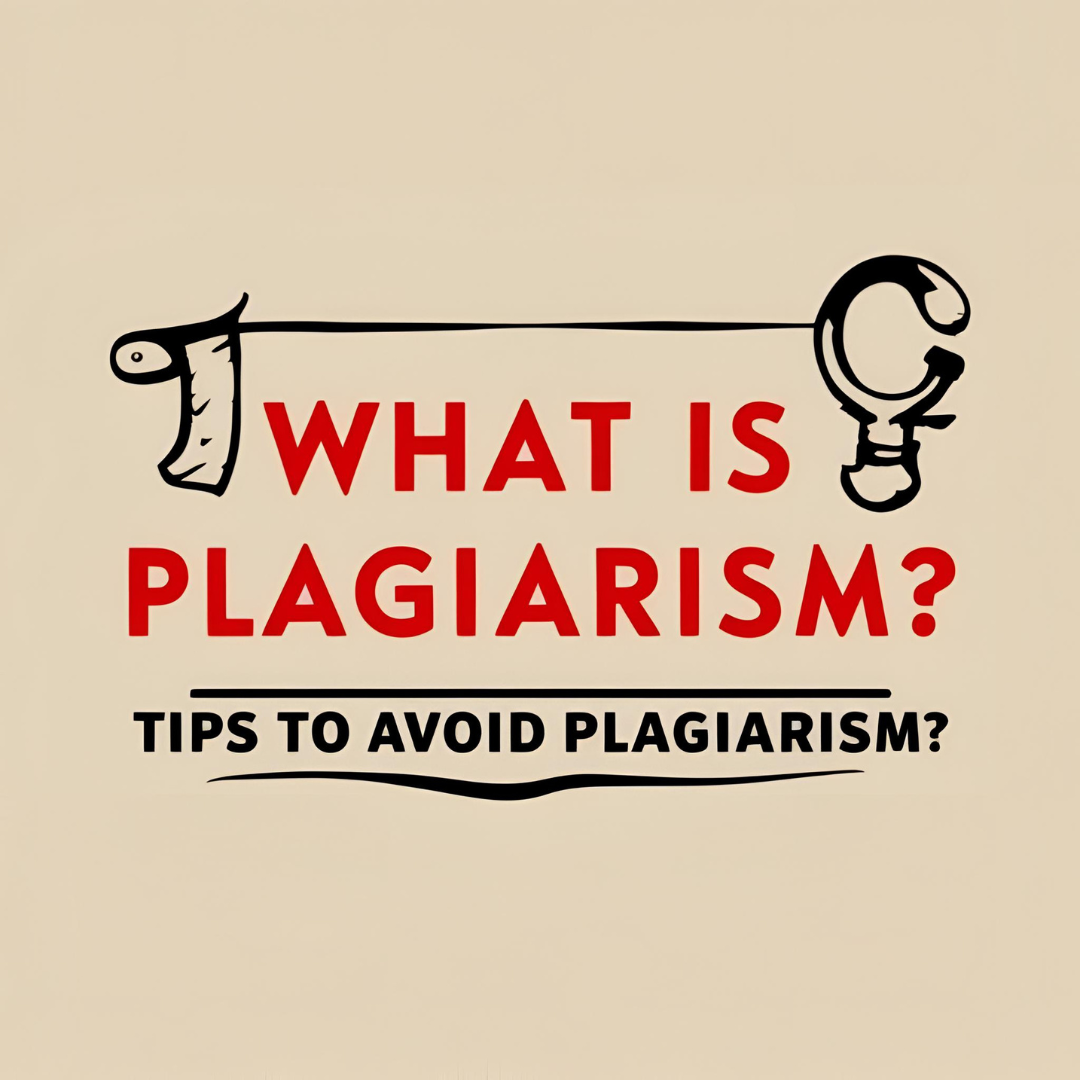What is plagiarism? Tips to avoid plagiarism

The act of taking someone else's words or ideas without getting their permission and considered as one's own is known as plagiarism. It is regarded as a major ethical offence in academic and professional writing as well as intellectual theft. However, plagiarism can be intentional or accidental, but both forms have consequences, including loss of credibility, academic penalties, and legal consequences.
Types of plagiarism
- Direct Plagiarism: Copy someone’s work without any attribution.
- Self-Plagiarism: Reuse the past work without appropriate reference.
- Paraphrasing Plagiarism: Reword the content by not acknowledging the original source.
- Accidental Plagiarism: Accidentally fail to cite the sources correctly.
Tips to avoid plagiarism
In order to maintain the integrity of writer avoid plagiarism is crucial. It preserves professional relationships, and ensures future career opportunities by upholding ethical writing standards. The following tips can be used:
- Cite Your Sources: Always give credit to the original author by citing sources in the required format
- Paraphrase Properly: Rewrite ideas in your own words while preserving the original meaning. However, still cite the source.
- Use Quotation Marks: If using someone’s exact words, enclose them in quotation marks and cite the source.
- Keep Track of References: Maintain a list of sources while researching to avoid missing citations.
- Develop Your Own Ideas: Instead of heavily relying on sources, focus on adding your own analysis and insights.
How Skilwize help you?
At Skilwize, we emphasize the importance of academic integrity and ensure that students produce original, well-researched, and plagiarism-free assignments. Plagiarism can lead to serious academic consequences, which is why our coaching and mentoring services focus on developing strong research, writing, and citation skills. At Skilwize, we are dedicated to helping students write with confidence and integrity. We ensure students can submit high-quality, plagiarism-free assignments while maintaining academic honesty.

